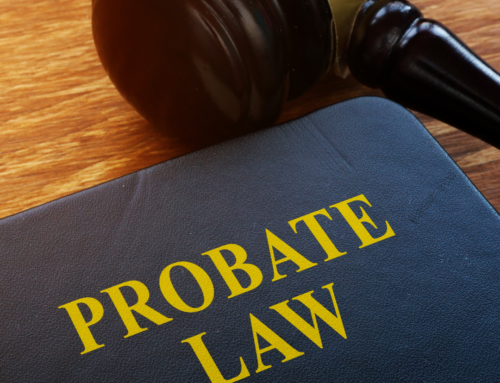At the end of September, California enacted a number of new bills intended to make it easier for developers to build affordable housing projects throughout the state. What do these mean for central coast residents, developers, and investors?
SB 35 – Streamlined Local Approvals for Affordable Housing
California requires local jurisdictions to develop long term plans for meeting existing and projected housing needs for their region. To this point, local jurisdictions have been required to set these goals, but there is neither a carrot nor a stick offered to help meet them. That is about to change, at least for the affordable housing part of the market. Santa Barbara and other communities on the Central Coast lag behind on meeting these goals, contributing to what the legislative analyst’s office estimates to be a statewide shortfall of 100,000 units per year below the level necessary to keep up with demand.
The first part of the state’s effort to increase supply lies with streamlining the local permitting process. Now, local communities will be required to demonstrate to the state that they are meeting affordable housing needs, or developers will be able to skip the discretionary permitting and CEQA review process for certain infill type developments. The Central Coast cities of Oxnard, Ventura, Santa Barbara, and San Luis Obispo joined a great many municipalities from all over the state to oppose the bill, without success. While these Central Coast communities routinely fail to meet housing requirements, it remains to be seen whether this bill will actually lead to opportunities for streamlined approvals in our area. There are a number of requirements for a project to qualify, including that it provide 10% of its units to those making less than 80% of the median income, that it meet existing development rules and that it not be located in a coastal zone. As a result, this legislation seems unlikely to make a huge difference in our communities, but savvy investors and developers will evaluate every multifamily project to see whether it might fit the bill. One caveat: To utilize the streamlined process developers of all but the smallest projects will be required to pay prevailing wage rates.
SB 3 – Housing Bonds for Affordable Development and for Veterans
The legislature also approved a couple of bond measures for the 2018 ballot. One is a $3 billion measure that will be used to provide funding for existing California affordable housing grant programs, which subsidize about 25% of the cost of building an affordable unit. The other is a $1 billion measure which will subsidize housing for veterans.
SB 2 – Fee on Real Estate Transaction Documents
The state will begin levying a $75 — $225 fee on real estate transactions, including recording documents. Revenues are to be spent on combating homelessness and providing additional sources of funds for affordable housing.
One-half Dozen Other Measures
In addition to these measures, the state has enacted another half-dozen or so changes to existing laws in an effort to promote affordable and workforce housing goals. If you have questions about these new laws or are evaluating permits and entitlements for your project, please feel free to contact me or the BFAS attorney with whom you regularly work.
Marcus J. Kocmur, Partner
MKocmur@BFASLaw.com
(Direct) 805.966.7715
www.BFASLaw.com
DISCLAIMER: This Advisor is one of a series of business, real estate, employment, estate planning and tax bulletins prepared by the attorneys at Buynak, Fauver, Archbald & Spray, LLP. This Advisor is not exhaustive, nor is it legal advice. You should discuss your particular situation with us or with your own attorney. Our legal representation is only undertaken through a written engagement letter and not by the distribution or use of this Advisor.





